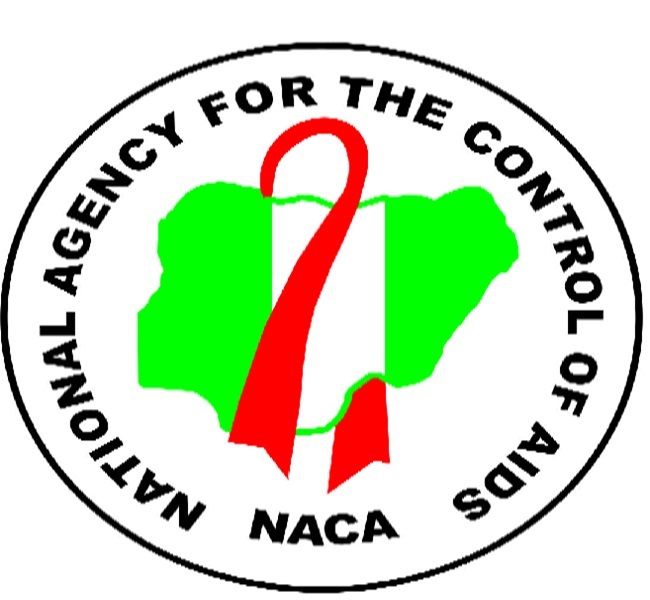The Federal Government, in collaboration with the Centers for Disease Control and Prevention in Nigeria, and Caritas Nigeria has advocated for collective responsibility from health practitioners and implementing partners to achieve an AIDS-free Nigeria by 2030.
Director-General, National Agency for the Control of AIDS (NACA), Temitope Ilori, who made this call at the 4th Centre for Disease Control (CDC) Nigeria’s Bi-annual Stakeholders Meeting in Abuja, stressed that the task of ending AIDS as a public health disease of importance in Nigeria is not yet over.
Ilori added that there is still a lot to be done to achieve National HIV Sustainability, saying that government counts on stakeholders’ usual commitment in its push towards the last mile.
“The vision for the health sector renewal by the Honourable Ministers of Health and Social Welfare brings into perspective several pieces of effor that are designed to produce health and reduce pain sustainably for all Nigerians.
“This goal is pivoted upon four main pillars, which are: effective governance; efficient, equitable, and quality health system; unlocking value chain and Health Security. Specifically for the HIV Response, this translates to collectively achieving a domestic-driven HIV response that is sustainable, effective, and efficient.
“NACA remains the government agency mandated with the responsibility of coordinating the multisectoral response to HIV and related diseases. This, we will continue to do under the supervision of the Honourable Minister of Health for State, Dr Tunji Alausa. In the next few weeks, I will be inviting you to share my vision of how together we will achieve this,” he said.
The Minister of state for Health, and Social Welfare, Dr Alausa, commended the CDC for her sustained support to 22 states in the country.
“It is indeed an enviable partnership, especially considering the areas of focus for intervention. These areas are central to the well-being of the country and cuts across all the levels of care. Addressing disease outbreak preparedness, immunizations and HIV epidemic is laudable feat. I am glad that the project is making good progress.
“This is because despite epidemiological transition being experienced in many developing countries, infectious diseases and outbreaks are not completely tamed and have the tendency to complicate non-communicable diseases thereby affecting general population morbidity. A clear example is the COVID-19 Pandemic which had severe negative impact on our population with co-morbidities such hypertensive, diabetics.
“As we all know, health is not merely the absence of disease but a state of complete physical, mental, and social well-being. We consider it a fundamental human right, and it is imperative that every citizen has access to quality healthcare services that is affordable and without discrimination,” he said.
He described the Renewed Hope Health Agenda of the present administration as a testament to the unwavering commitment to improving the health and well-being of every Nigerian.
Source: https://leadership.ng/federal-govt-seeks-collaboration-to-eradicate-aids-by-2030/
